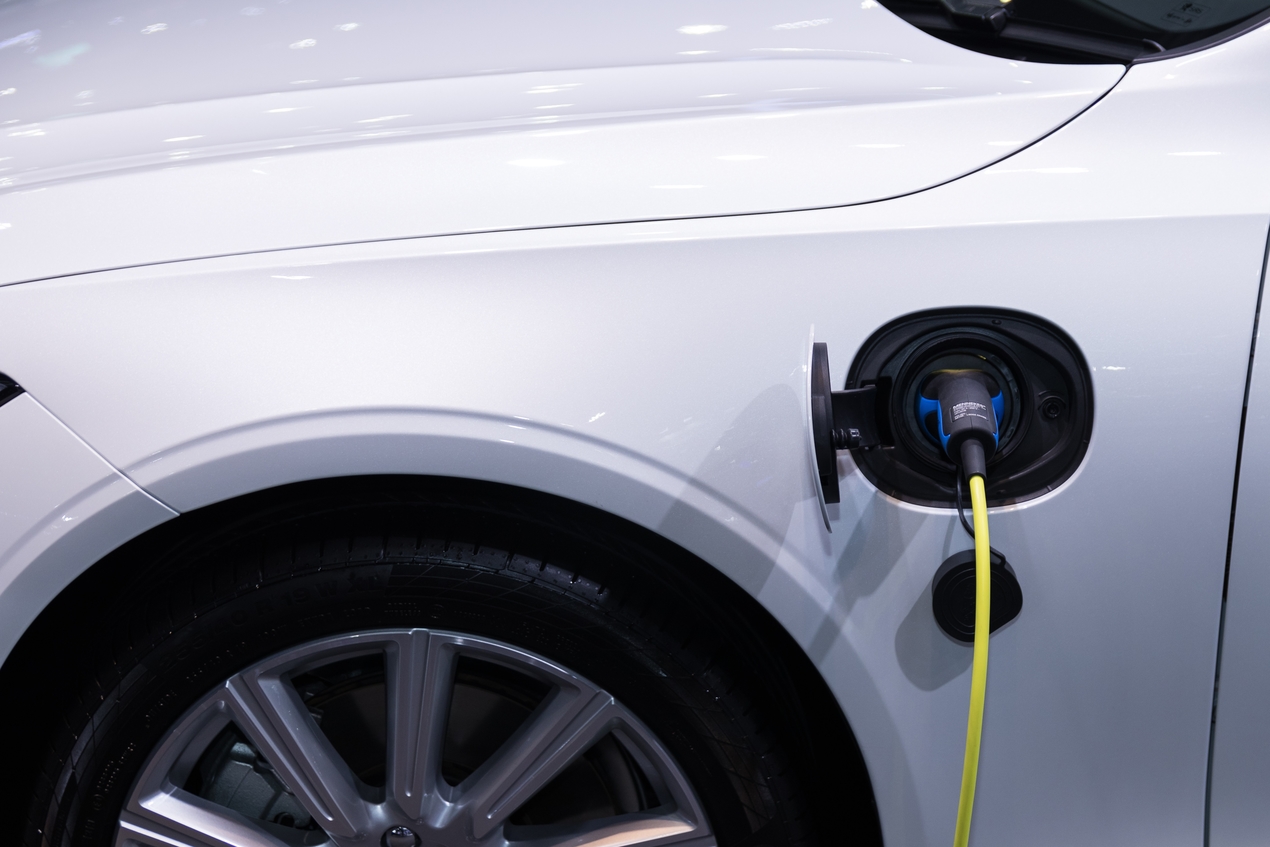
Gujarat has become the latest state in the country to announce a new electric vehicle (EV) policy to drive adoption of the eco-friendly vehicles. The announcement aims to make owning an EV attractive for residents of the state, as the new benefits will be in addition to the revision of the Faster Adoption and Manufacturing of Hybrid and EV-II (FAME-II) policy, which was unveiled earlier this month.
According to a news report, under the new EV policy, the Gujarat government will provide an incentive of up to IN₹10,000 (US$135) per kWh for electric vehicles. The maximum ex-factory price to avail incentive for electric two-wheelers will be up to IN₹150,000 (US$2,020). Up to IN₹500,000 (US$6,734) for electric three-wheelers and IN₹1.5 million (US$20,197) for electric four-wheelers (personal and commercial), respectively.
Under the scheme, the government is targeting a total of 200,000 EVs. This includes 110,000 e-two-wheelers, 70,000 e-three-wheelers, and 20,000 e-four-wheelers. The government says all FAME II-eligible vehicles can avail of the benefits with a subsidy cap of 40% on the retail price of the vehicle. This means a maximum cap of IN₹150,000 (US$2,020) for electric four-wheelers, IN₹50,000 (US$673) for L5 electric three-wheelers and IN₹20,000 (US$269) for electric two-wheelers. The subsidy will be provided under the Direct Benefit Transfer (DBT) mode from the State Transport Department after verifying the document for the purchase of the vehicle.
The government has also announced that commercial public EV charging stations for two, three, and four-wheelers will be eligible for a 25% capital subsidy on equipment/machinery for the first 250 commercial public EV charging stations. All housing and commercial establishments will be needed to provide a ‘No Objection Certificate’ (NOC) to its members who wish to install charging stations with designated parking spaces. The Gujarat government will also forego electricity duty on EV charging stations during the policy period.
Electric vehicle registration in the state has already registered an increase of 27% in a little less than six months as compared to 2020. As per a news report, registration in the state has been increasing since 2017. In the past five years, it has risen eight-fold. The state only had 176 electric vehicles in 2017, but the number has increased to 1,423 in 2021. A rise in petrol and diesel prices will improve sales in the coming months. However, those purchasing electric vehicles are people who travel within the city or to nearby areas. This is more economical compared to petrol, diesel, or even CNG vehicles, a senior RTO officer explained.
According to a recent report, the new electric vehicle incentives in the country, along with high fuel prices will be supporting factors for stronger adoption of EVs over 2020-2023, leading to an average annual growth rate of 26%. The economic impact of the COVID-19 pandemic and limited domestically produced EVs will prove a challenging barrier to overcome. The report stated that the focus on EV promotion in the Union Budget will improve the longer-term outlook for EV sales but will continue to fall short of the country’s goal of electrifying all new vehicles sold by 2032. It forecasts that EV sales in Asia will expand by 78.1% in 2021, up from the estimated growth of just 4.8% in 2020. Further, it said that the total EV sales in the region will reach a high of just under 10.9 million units by the end of 2030, up from an estimated sales volume of just over 1.4 million units in 2020.
















